September 2023 collision report
CCC Intelligent Solutions has announced that Toyota Motor North America will use CCC Promote to support Toyota and Lexus dealers across the United States in their parts marketing efforts. CCC Promote enables parts suppliers to offer promotional pricing on parts to collision repairers as estimates are being written within the CCC ONE platform. CCC Promote offers suppliers a direct way to present promotional pricing early in the estimating process when replacement part decisions are being made. Prices can be customized by vehicle make, model, year, or part type.
During the recent CCC Intelligent Solutions Q2 earnings report, Chairman and CEO Githesh Ramamurthy announced that the cumulative annual cycle time for automotive claims in the U.S. increased to more than 2 billion days in 2022, a 1 billion increase from 2021. CCC looked at total U.S. auto claims for 2022 to calculate this number, and the average cycle time for repairable claims, total loss claims and first party casualty claims.
The main pain points that directly impacted cycle time throughout the year include:
• An increase in overall claim volume — now trending very close to pre-pandemic levels
• A shortage of technicians in the workforce
• First-party casualty claims increased year-over-year by more than 30%
A CRASH Network survey in June offers some indication of continued decline in DRP participation. Among the nearly 600 shops responding to the quarterly “Collision Industry Business Perspectives” survey, 38% said they had no DRP relationships with insurers for at least the prior 12 months – up from 33% a year earlier and from 30% in 2021. Among shops that did participate in DRPs, 27% said they had fewer such agreements in June than they had a year ago, while less than half that (12%) said they had more; last year’s survey found that about an equal percentage of shops (between 23% and 24%) had added or reduced their DRP counts over the prior year.
CRASH Network’s survey in June also found that about 40% of shops say they “never, or only very rarely” charge customers some amount beyond their deductible to cover “short-pays” by insurers, but more than 1 in 4 say they do so “routinely” or “always or close to always.” Such charges are sometimes referred to as “co-pays.” Last year appeared to be a tipping point for many shops in terms of charging co-pays. Among the more than 150 shops in the survey who now routinely or always bill customers for short-pays, 44% said it became a common practice at their shop in 2022 (although more than 1 in 4 said it began in 2020 or earlier). Nearly 3 in 4 said the percentage of customers paying a co-pay in 2022 and 2023 is up significantly compared to 2021 and earlier. The “short-pay” that shops said most often leads to a customer co-pay is an insurer’s unwillingness to pay the shop’s labor rate or paint material rate.3




